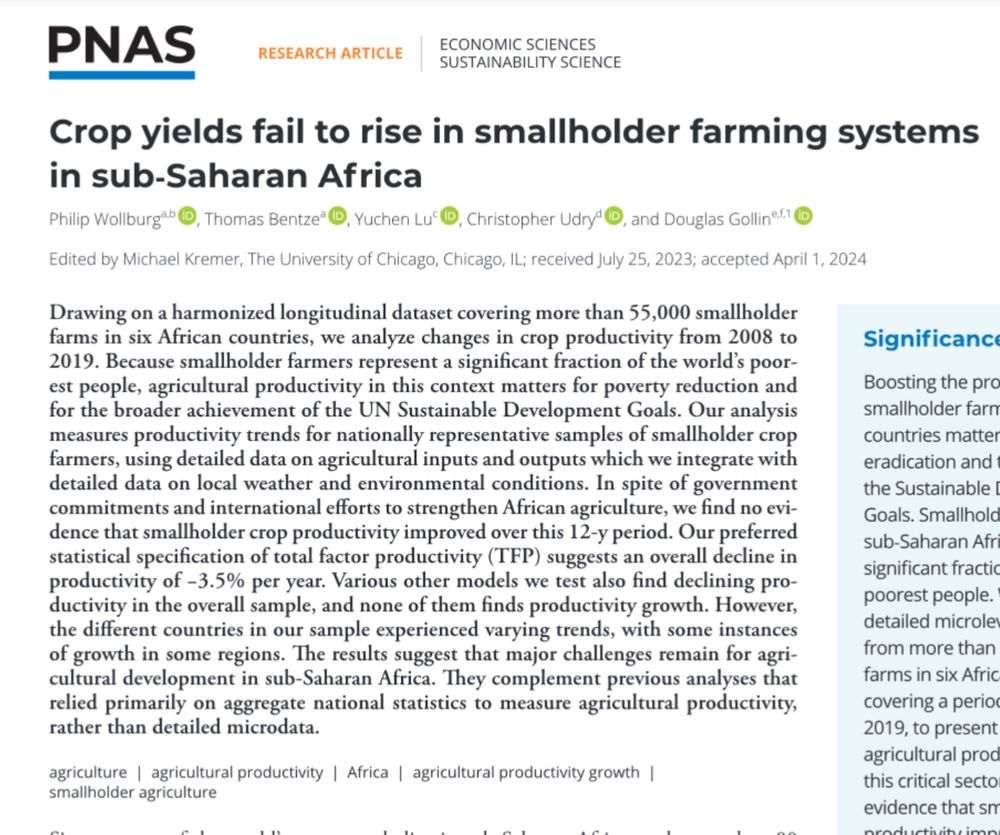
https://pseudoerasmus.substack.com/
https://pseudoerasmus.com
https://medium.com/@pseudoerasmus


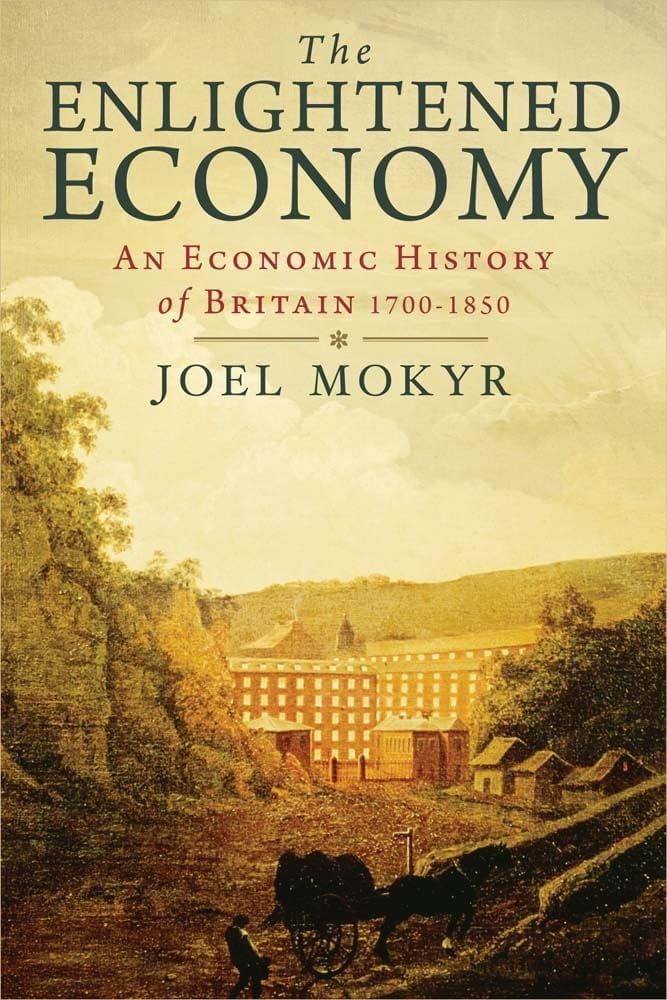
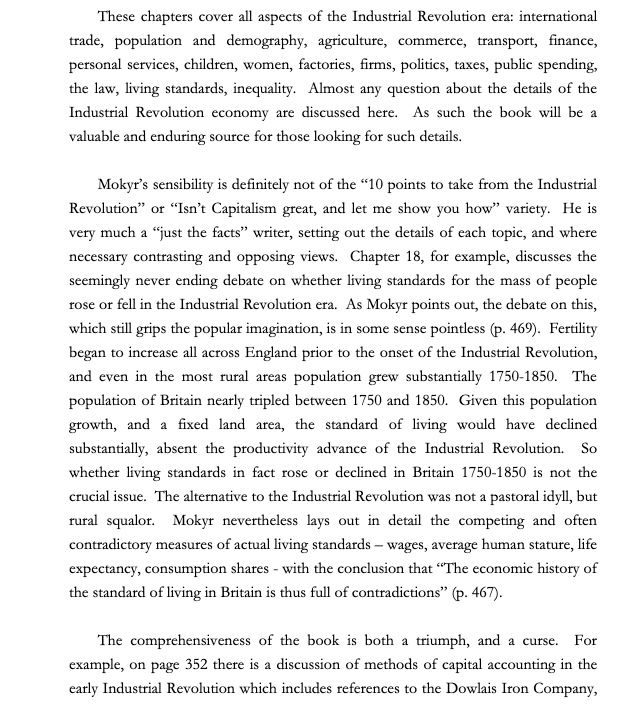

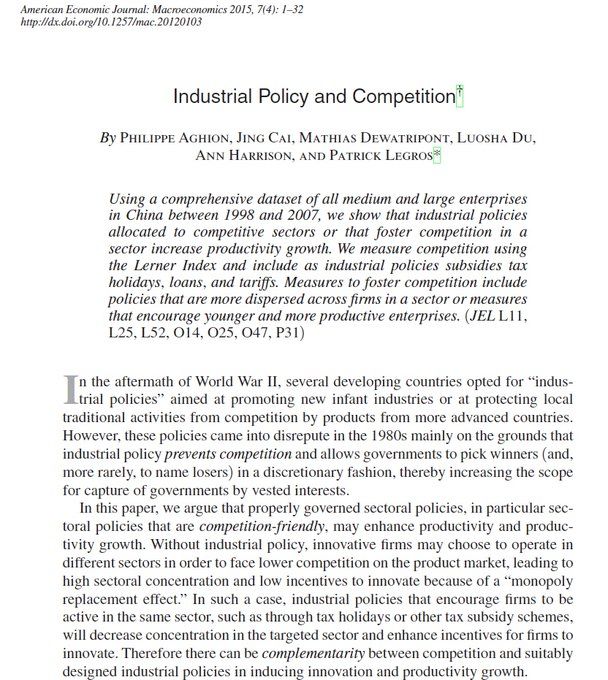
That was published in a series of which Mokyr has been editor in chief.
That was published in a series of which Mokyr has been editor in chief.
What ever else he might have done, what ever faults he might have, Mokyr has performed a tremendous service simply by stressing the great importance of the Scientific Revolution to the birth of the modern economy.
What ever else he might have done, what ever faults he might have, Mokyr has performed a tremendous service simply by stressing the great importance of the Scientific Revolution to the birth of the modern economy.
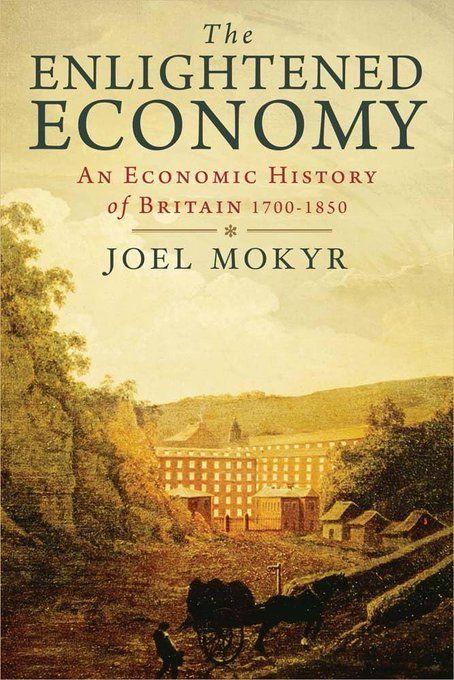



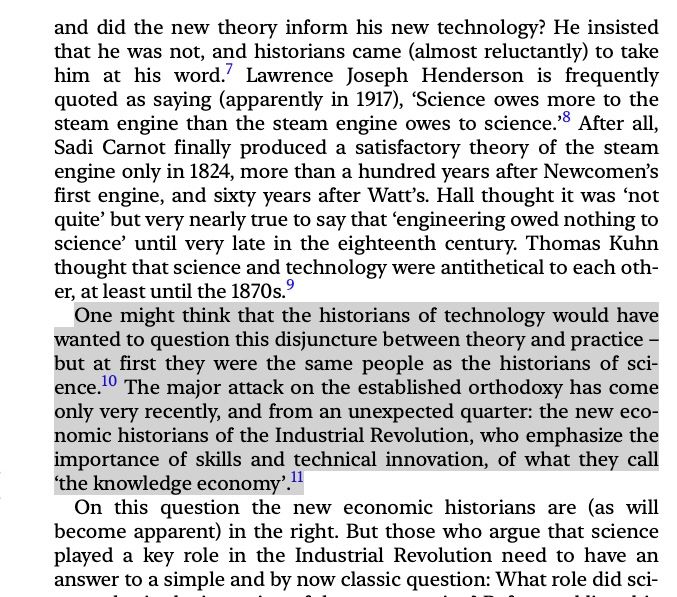



I was NOT saying the social science lit arguing that war => state formation/capacity is wrong.
There is a subtle distinction between that question and the narrower historical question of the little divergence within western Europe.
Below from @sheilaghogilvie.bsky.social

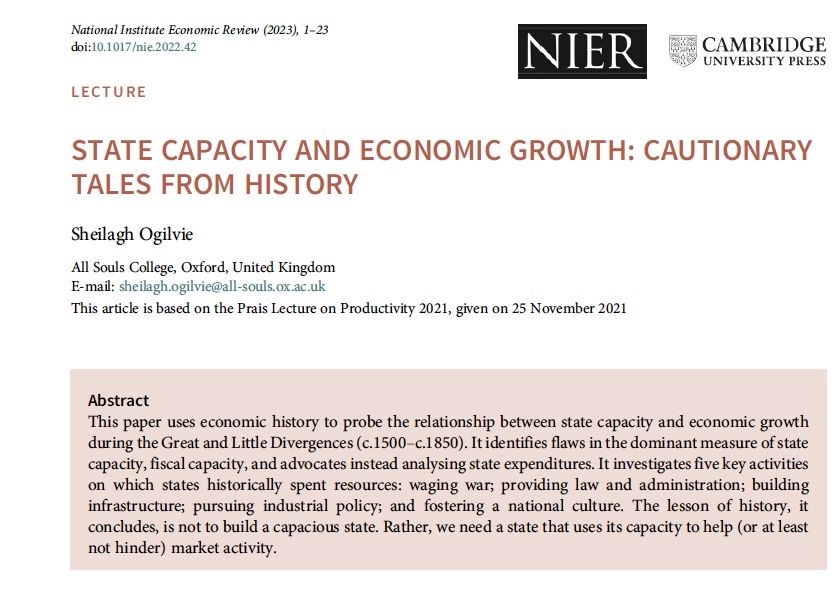
I was NOT saying the social science lit arguing that war => state formation/capacity is wrong.
There is a subtle distinction between that question and the narrower historical question of the little divergence within western Europe.
Below from @sheilaghogilvie.bsky.social


Below from @sheilaghogilvie.bsky.social
ora.ox.ac.uk/objects/uuid...

ora.ox.ac.uk/objects/uuid...


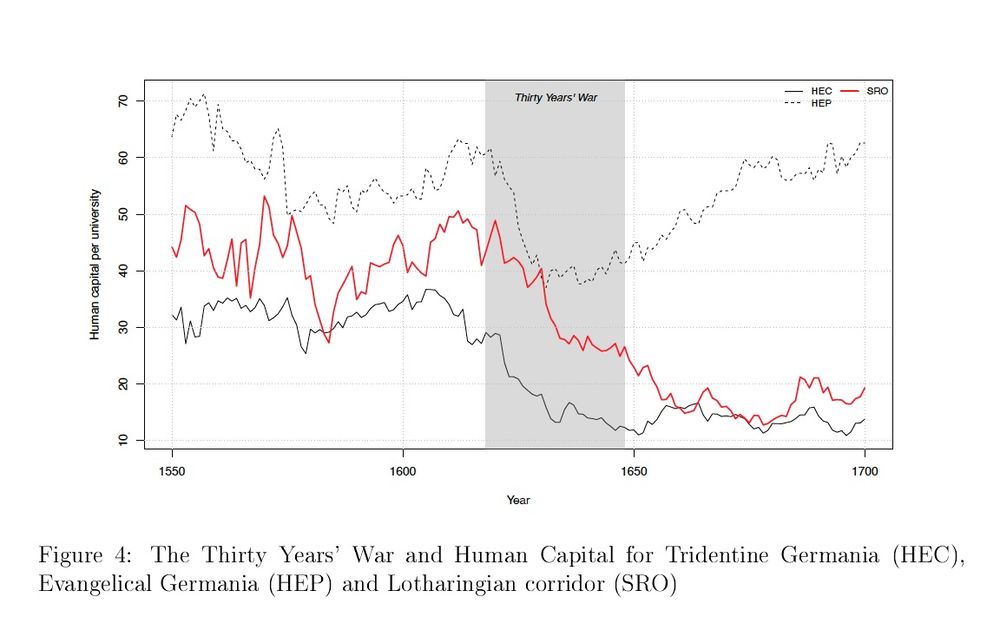

1/ Women supply 35% of total hours worked globally
2/ Hours worked do not substantially with income across countries. BUT this stability is produced by reductions in male hours which are offset by rises in female hours

1/ Women supply 35% of total hours worked globally
2/ Hours worked do not substantially with income across countries. BUT this stability is produced by reductions in male hours which are offset by rises in female hours

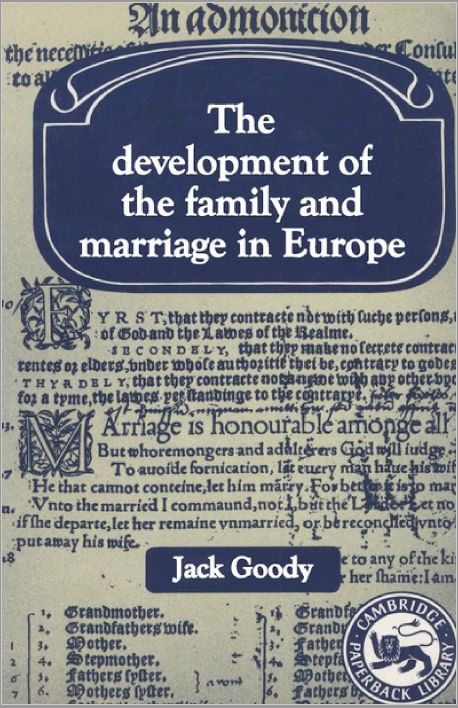
"I heard it just now! So good 😊" – my mom
"Just listened to the new insulin episode and loved it." – @rossaokod.bsky.social
"you should have added 5 more minutes on how early researchers checked for the sweetness of animal urine..." – @pseudoerasmus.bsky.social
A hundred years ago, insulin was scraped from pig pancreases.
Today, it’s made by bacteria in giant tanks.
In this episode, we cover 100 years of insulin … in 15 minutes!
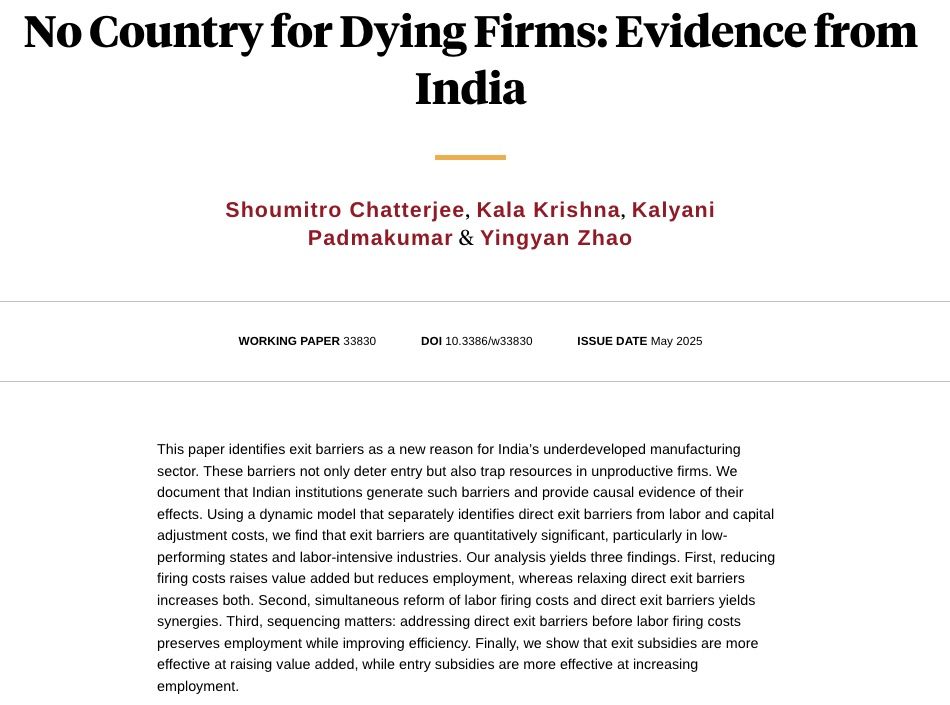
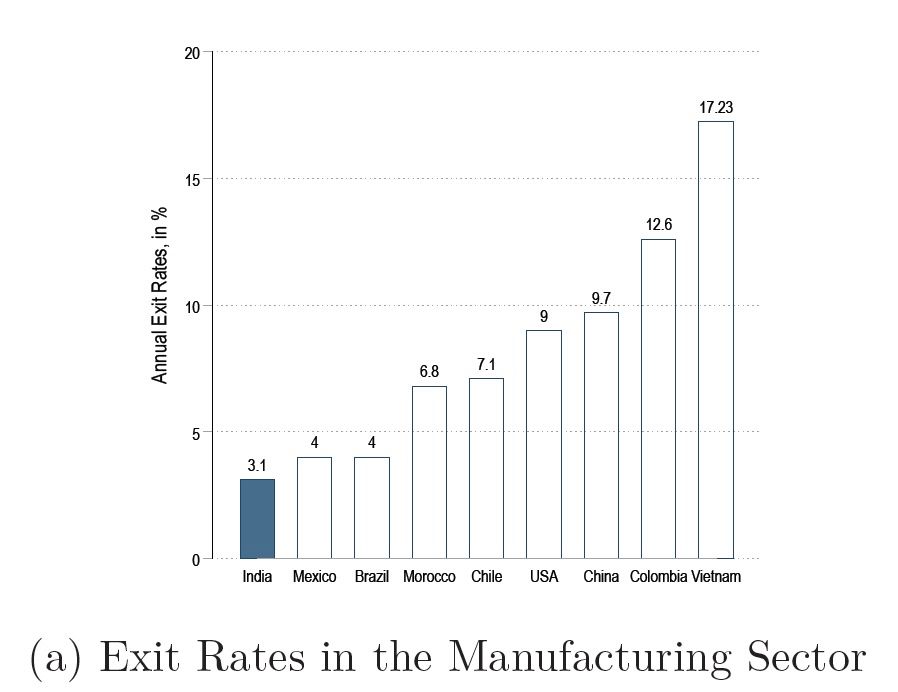
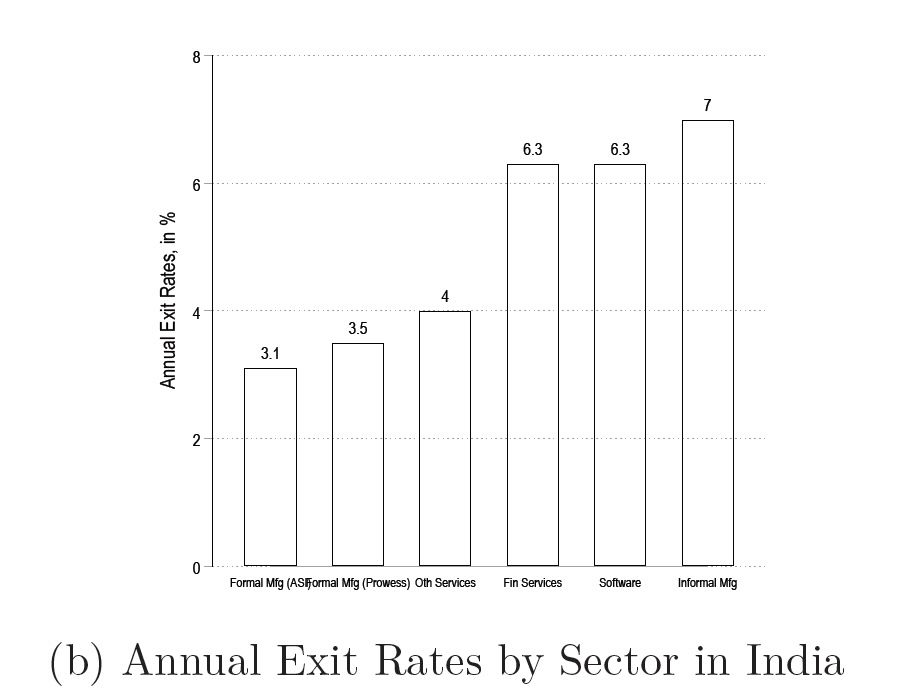

Demand is overwhelmingly more important (as the authors also argue). Yet the British naval campaign gets far more attention!

Demand is overwhelmingly more important (as the authors also argue). Yet the British naval campaign gets far more attention!
